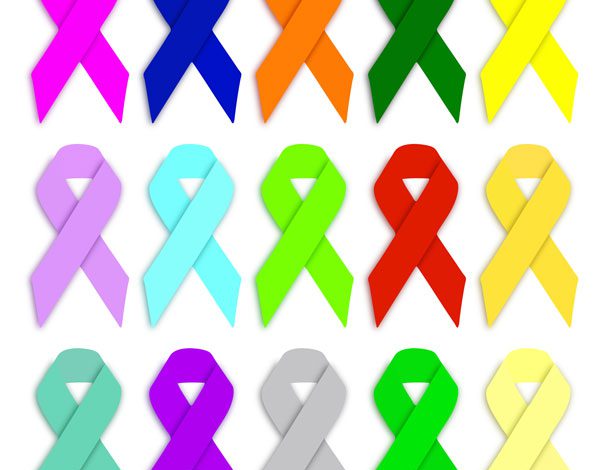
February is Cancer Prevention Month; thankfully there’s some good news – Talking About Men’s Health™
February is Cancer Prevention Month, and with that comes the need to express how important it is to visit your doctor and get screened for this disease should you feel ill or are in pain.
While most people associate cancer for all the hard realities that come with it: chemotherapy, radiation, surgery, transplants, etc., there’s some hope that can be offered to those who are (understandably) nervous from getting screened, as well as survivors, from the disease.
Cancer death rates continue to decline, and according to the American Cancer Society (ACS), the rate in death from this disease has dropped 31% from 1991-2018. Men’s Health Network (MHN), a national non-profit based in Washington D.C., will continue to advocate for early cancer detection, as well as educating men to learn and protect themselves from typical male cancers such as testicular and prostate cancer and how to protect their loved ones and families from cancer, according to Dr. Salvatore Giorgianni, Jr., a senior science advisor for MHN.
“The continuing decline in deaths due to cancers in the US is very important and encouraging,” Dr. Giorgianni said. “These declines are for the most part due to two very important reasons – increases in early detection of cancer and investments from pharmaceutical and diagnostic companies in advanced treatments and more accurate testing technologies.”
People will still unfortunately get this disease in 2021 and beyond. ACS researchers estimate 1.9 million Americans will be diagnosed with cancer this year, and roughly 600,000 of them will die. However, progress continues to be seen in recent years, with cancer rates dropping an additional 2.4% from 2017 to 2018, which is the single biggest one-year drop in death rates.
The year 2020 (and the start of 2021) provided enough uncertainty due to the COVID-19 pandemic, and with that ACS does not and will not know the effect the COVID-19 pandemic will have on cancer diagnosis in general, but researchers say those with active cancer cases are more susceptible to being infected due to a weakened immune system.
MHN will continue to advocate for early cancer detection, as well as educating men to learn and protect themselves from typical male cancers such as testicular and prostate cancer and how to protect their loved ones and families from cancer, according to Dr. Giorgianni.
“Early detection, which means regular medical checkups, is THE key,” Dr. Giorgianni said. “[Men’s Health Network] urges all men to become more knowledgeable about cancer and then ‘man-up’ by doing all you can to take responsibility for the health of yourself and those you care about.”
The biggest takeaway hopefully taken from this is very simple, and that’s to visit your doctor on a regular basis to encourage early detection. The worst thing we can all do is take our foot off the gas and neglect our own bodies.
As a survivor of Acute Myeloid Leukemia of 19 years and counting, let the author reiterate the importance of staying on top of your doctors visits. This article would not have ever been written if early cancer detection wasn’t a part of the equation.










































